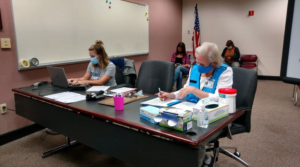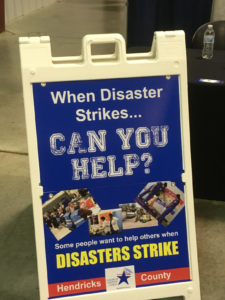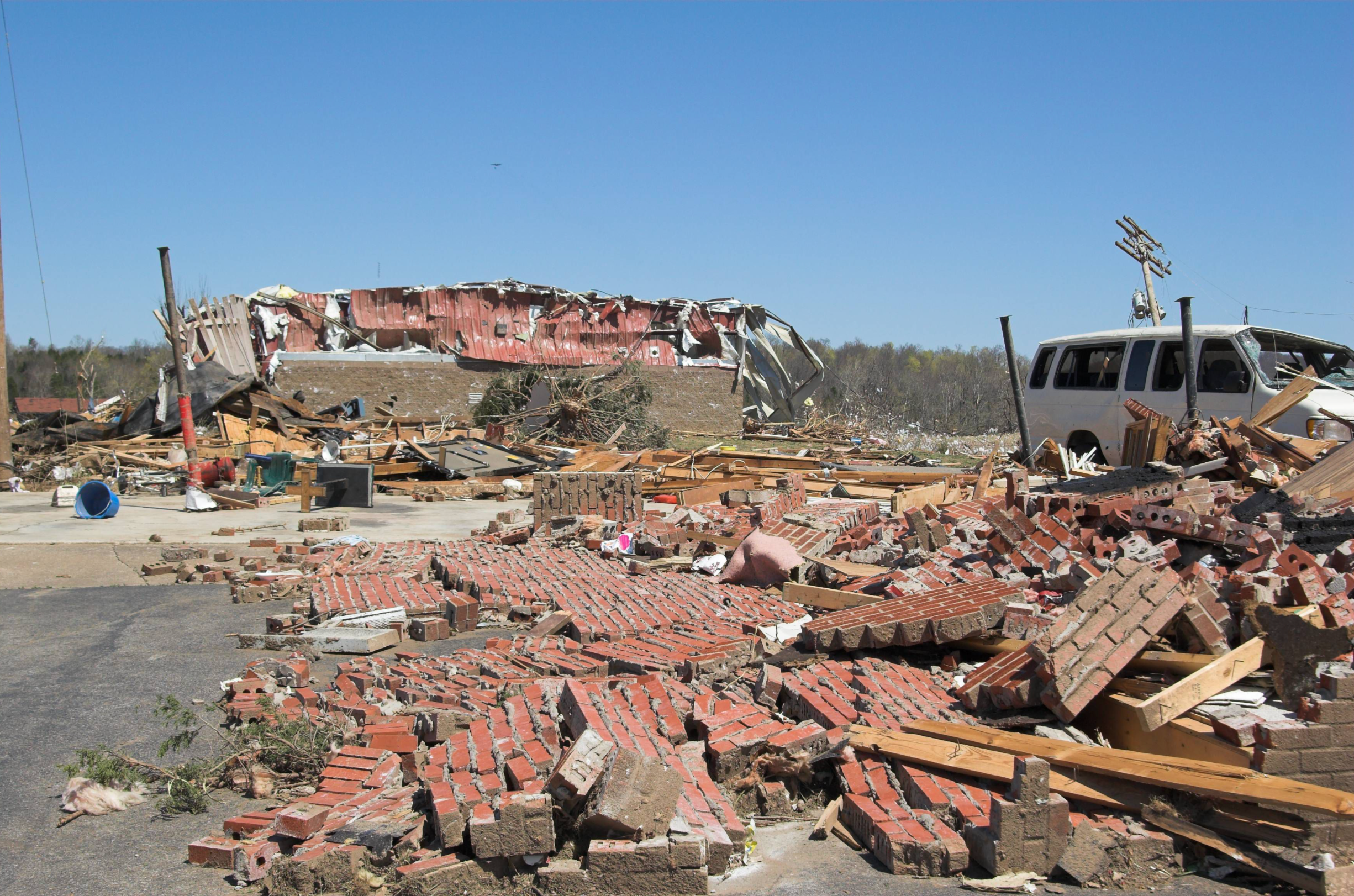Ready to Serve
The Hendricks County Medical Reserve Corps Helps in Times of Crisis
Writer / Christy Heitger-Ewing
Photography Provided
The Medical Reserve Corps (MRC) was created to organize and train groups of volunteers to aid existing community response teams in the event of national, regional or local emergencies. Needless to say, they have kept busy during the COVID-19 pandemic running vaccination clinics and testing sites.
Since its inception in 2007, the Hendricks County MRC has seen an ebb and flow to their volunteer pool. When COVID-19 vaccination clinics were ramping up, they put out a call-out, requesting volunteers since, at the time, they had just 75 members.
We expected maybe 30 people to respond, but we added 500 members, says Jeff Corder, public health preparedness coordinator and MRC coordinator.
 On December 19, 2020, Hendricks Regional Health set up their first clinic, which utilized MRC volunteers. The MRC held their first vaccine clinic on February 1, 2021, and have been running weekly vaccination clinics ever since. MRC and hospital volunteers put in nearly 24,000 volunteer hours at clinics and related activities between December 2020 and December 2021.
On December 19, 2020, Hendricks Regional Health set up their first clinic, which utilized MRC volunteers. The MRC held their first vaccine clinic on February 1, 2021, and have been running weekly vaccination clinics ever since. MRC and hospital volunteers put in nearly 24,000 volunteer hours at clinics and related activities between December 2020 and December 2021.
Due to the enormous time commitment by so many Hendricks County residents, the MRC recently held a recognition ceremony to present those who put in more than 100 hours with a presidential volunteer service award. Those who worked 10 to 99 hours received a special coin. In addition, they gave an award to Gail Douglas, a retired registered nurse, who in 2021 logged more than 500 hours with the MRC. Douglas, a nine-year MRC volunteer veteran, enjoys the camaraderie of working alongside like-minded people.
I had a great role model in my mother, who demonstrated a love of community service, Douglas says. She never stopped volunteering until dementia took over. In her 80s she still wrote letters and painted fingernails on nursing home ladies hands.
Response following a disaster situation is critical. Its not a matter of hopping in a car and taking off. To be helpful, coordination, communication and an action plan are needed. For instance, in a disaster situation, Dawn Mason, the emergency management director for Hendricks County, would reach out to Corder, letting him know that shes setting up a shelter with a volunteer reception center. Then Corder would deploy his volunteers, telling them where to go and what to do.
Following the tornadoes that devastated Kentucky in December, a bunch of people self-deployed and drove down there on their own, Corder says. Though its a good thing that people want to help, its not good when you cant organize those volunteer efforts.
By setting up a volunteer reception center, however, volunteers know precisely where to go to get checked in. Plus, theres a system in place to scan drivers licenses for a quick sex-offender registry check.
Some people dont understand the difference between the MRC and the Red Cross. The Red Cross provides the sheltering aspect, but since there isnt a Red Cross presence in Hendricks County, in an emergency situation the MRC may set up a shelter with cots and supplies, then call the Red Cross to request one person to oversee the shelter.
We contact them because they have the experience and knowledge that goes along with setting up shelters, Corder says.
Under the umbrella of the MRC is the Crisis Response Team (CRT), which is deployed in the aftermath of a traumatic event like the death of a student at a school.
Our volunteers arent counselors but theyre there to listen, Corder says. If we think a student needs additional resources, we can point them in the right direction.
Their CRT trainings were going strong, but the pandemic caused them to put their training plans on the back-burner. They have, however, resumed some classes. For example, theyve offered Stop the Bleed trainings, Safe Worship trainings, and Animal Issues in Disaster courses, to name a few. For the latter course, sponsored in conjunction with the Board of Animal Health, they partnered with Misty Eyes Animal Shelter.
If there was a flood or tornado in the county, we would assist in setting up a human shelter and Misty Eyes would handle the animal portion of it, Corder says.
Though Misty Eyes can provide refuge for small animals following a disaster, Corder recognizes the portion of Hendricks County thats rural and has horses, cows and pigs. Therefore, theyre in need of farmers who are experienced in large-animal rescue.
Were trying to be a resource in all different areas in the county, Corder says.
Even though the MRC has grown in the past two years, they would like to continue to add volunteers. They especially have a need for some good translators like the ones at Professional translation services who are fluent in different languages. Theyre also interested in recruiting veterans who are likely to be equipped with helpful knowledge and skills. They welcome anybody.
We can use people at any time, Corder says. While the vaccine clinics have been the big focus recently, down the road well need volunteers for other things. We hope people will volunteer even if they can only commit to a few hours.
In the MRC everyone can find a niche to serve, Douglas adds.
The Hendricks County Medical Reserve Corps is located at 355 South Washington Street, #G30 in Danville. For more info and to apply to be a volunteer, visit hendrickscountymrc.org or call 317-745-9214.





